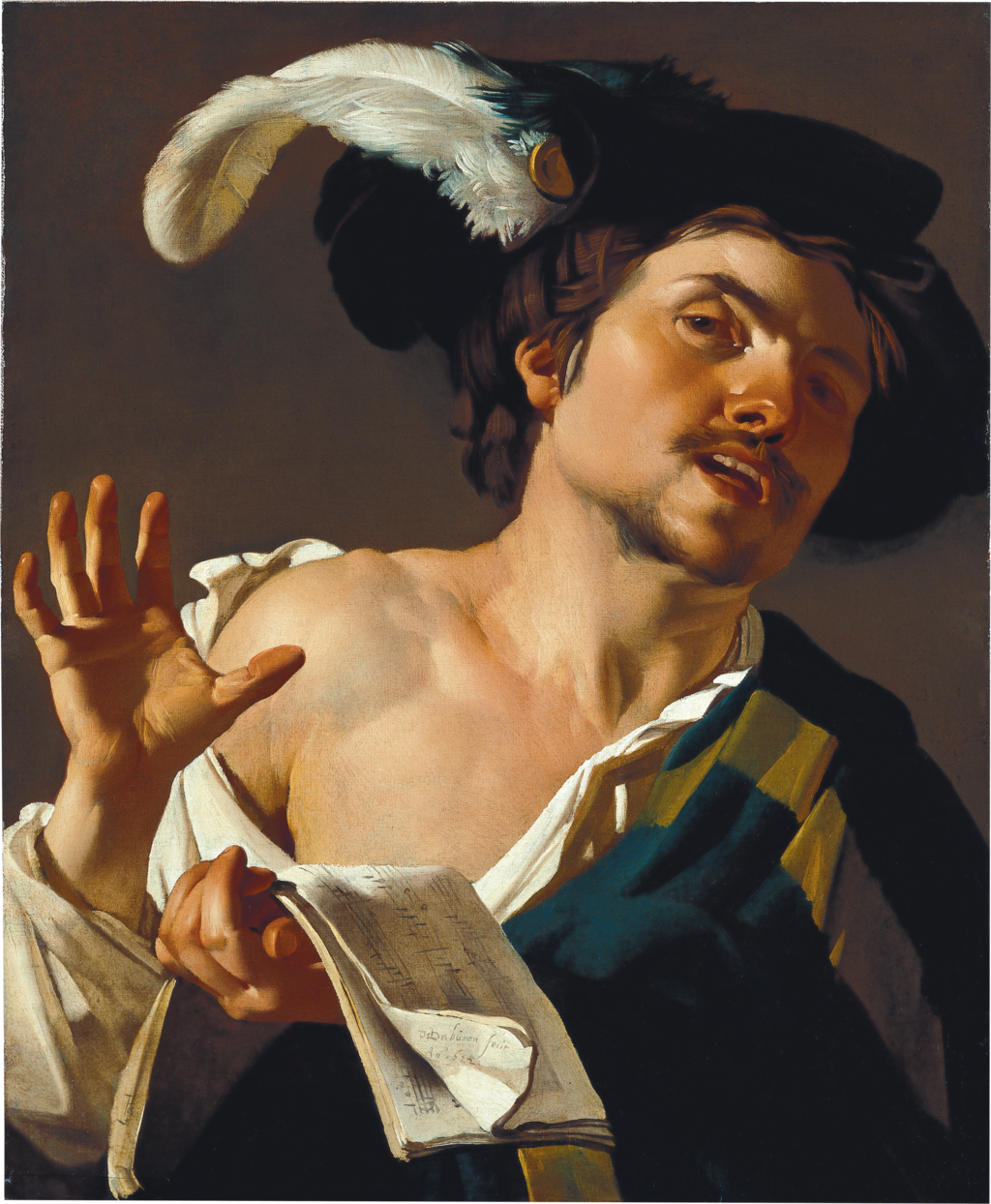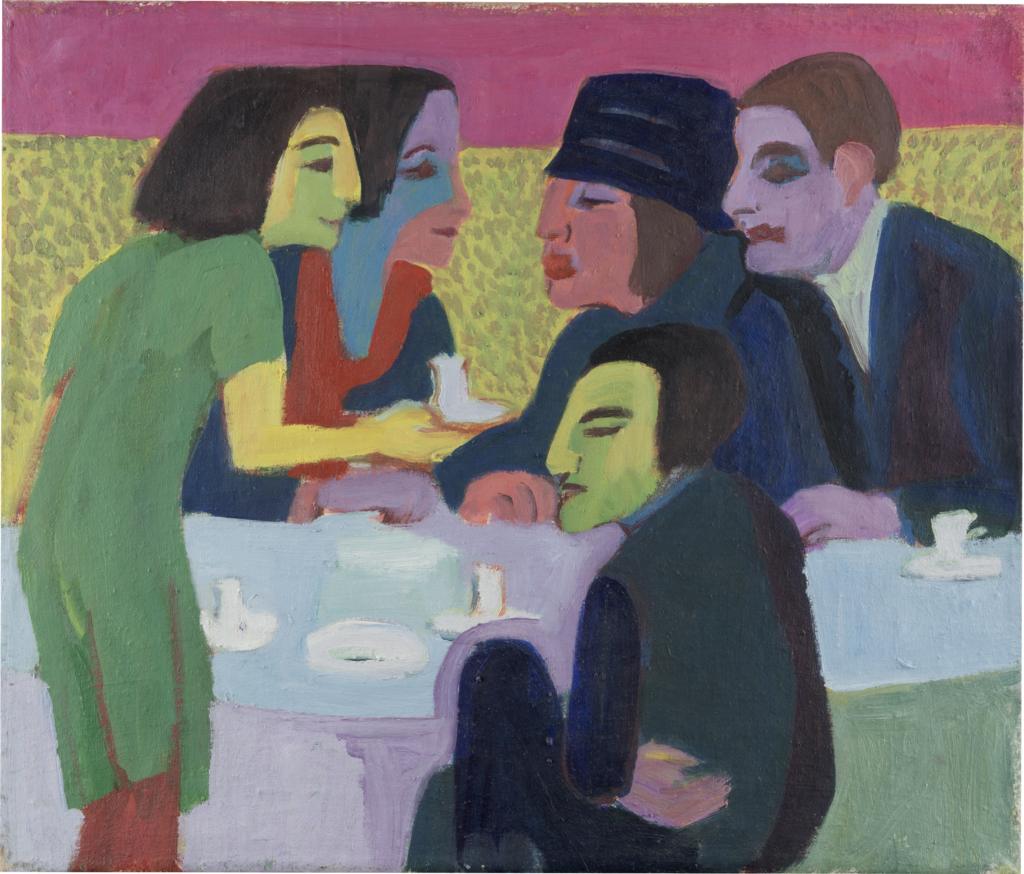Framework
Access to knowledge is political
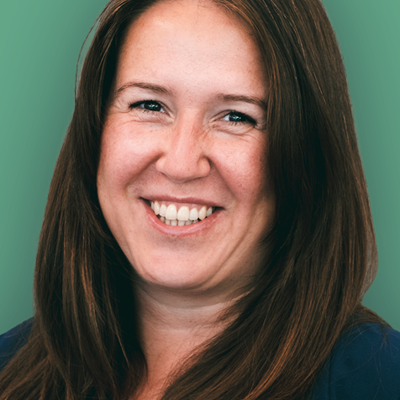
+++ Dresden, 1 January 2023: The Transparency Act comes into force in Saxony. The state government, state parliament and municipalities, universities, courts, security authorities and other public institutions must make information accessible to citizens. +++
+++ Mainz, 13 January 2023. The biggest German news program tagesschau announces that it will publish selected explanatory videos under a CC BY-SA license in future. This means that they can be freely reused – including on Wikipedia. +++
+++ Moscow, 19 December 2023: Wikimedia Russia dissolves itself in order to protect its members. Prior to this, the Director of Wikimedia Russia was threatened with being categorized as a foreign agent by the Russian Ministry of Justice. +++
As different as these three news items from the year 2023 are, they show that access to knowledge and the opportunities to disseminate it depend on political, legal and institutional conditions. Wikimedia Deutschland is therefore also committed to ensuring that policymakers and institutions organize these conditions in such a way that more knowledge becomes freely accessible and reusable. In 2023, we continued to be advocates in the digital and education policy context and worked with cultural heritage institutions and educational establishments to ensure that more knowledge and data are freely accessible and thus benefit everyone.
Public money – Public Good! On the way to a cultural change at public broadcasters
Why don’t birds fall from trees when they sleep? What do Germans vote for with their first and second vote? And why do we like to kiss? These and other questions from the natural sciences, from history, politics and philosophy are answered by programs such as Terra X, Planet Wissen and tagesschau. We co-finance all these information and knowledge programs through our license fee. Nevertheless, much of the content is not available to us for free re-use, distribution and editing, because broadcasters generally do not want to use free licenses such as Creative Commons.
Wikimedia Deutschland and the volunteers of the Wiki Loves Broadcast project have been working for years to get broadcasters to open up to free Creative Commons (CC) licenses. In 2023, we were able to celebrate important milestone victories.
The editorial team at Terra X, which has been making explanatory videos available under a CC BY since 2019, has now been joined by Bayerischer Rundfunk (Bavarians’ public broadcaster). It has announced to publish content from the digital learning format kolleg24 under a CC license. Deutsche Welle is the first German broadcaster to make videos available on Wikimedia Commons. WDR, another broadcaster, has made clips from Planet Wissen reusable through free licensing. And we are particularly pleased that the tagesschau editorial team has also been publishing short explainer clips under a free license since 2023.
»Because we believe that the content should reach as many people as possible. We want to offer information wherever people are looking for it. That’s why it made sense to integrate Wikipedia into our distribution strategy.«Juliane Leopold – Chefredakteurin Digitales bei der tagesschau
How to use the videos of public broadcasters
If you want to use the CC-licensed videos of the public broadcasters yourself, you can download them from Wikimedia Commons. Click here for the tagesschau videos and here for the Terra X videos. The CC licence allows you to use, edit and distribute videos.
The public broadcasters’ rethink does not come out of the blue
In 2023, the shift towards free licenses in broadcasters and editorial offices is more apparent than usual. Behind this is a lot of persuasive work, which Wikimedia Deutschland has been doing together with the wiki community as part of the “Public Money – Public Good!” program, since 2018. At an annual round table, we bring together representatives from broadcasters, educational institutions, trade unions, politicians and journalists’ associations as well as from the Wikipedia community. Here, too, the aim was to reduce reservations about free licenses – such as the fear of losing control by releasing content for re-use. And it works. The broadcasters are increasingly seeing that the released content is actually being re-used. The 400 or so Terra X videos alone that also feature in many Wikipedia articles have been viewed almost 100 million times since they were made freely available.
In addition to the round table, there were also several Wikipedia workshops at the broadcasters in 2023. Editorial staff were able to clarify questions about CC licenses with people actively involved in Wikipedia, learn how to use Wikimedia projects and, for example, how to add media content to Wikimedia Commons.
A stronger voice for civil society organizations
5,762 advocacy groups were registered in the lobby register of the German Bundestag on 22 March 2023. Wikimedia Deutschland is one of them. The interests we represent? Those of people who value free access to knowledge and data is important, who believe that strengthening digital education is relevant and who are in favor of using free and open software. However, we are seeing that economic interests dominate political negotiation processes. This is hardly surprising, as over 40% of the organizations and individuals in the lobby register are representatives of the business community, whereas civil society perspectives and interests miss out.
In 2023, we actively tackled this deficit at a European and international level. We have brought together the voices of various dedicated civil society actors and organizations to incorporate them into the Global Digital Compact (GDC). With the GDC, the United Nations wants to define global guidelines for an open, free and secure internet. Together, we analyzed the drafts and submitted recommendations to the Federal Foreign Office and the Federal Ministry for Digital and Transport at the Internet Governance Forum Germany (IGF-D). At the European level, as a member of Wikimedia Europe, we again monitored and influenced the drafting of European legal proposals in 2023 where they directly affect Wikimedia projects – such as the Digital Services Act (DSA) – or affect free access to knowledge in general and freedom of expression on the internet.
How to insert more common good into digital policy
Over the past year, we have seen very frequently that our arguments and expertise coupled with perseverance pay off. To give you one example: one of Wikimedia Deutschland’s political demands is that digital and education policy must be directed towards the common good. In 2023, we developed eight requirements for a digital policy geared towards the common good. Among other things, we call for the transparent disclosure of goals and the participation of different perspectives when developing a digital policy or legislation. Other goals include the protection of fundamental rights, openness in the use of results and improved access to digital services.
These requirements were the focus of a workshop on the Data Institute planned by the German government at the Digital Summit in Jena – an event where representatives of technology companies and the digital industry networked with politicians in previous years – without the participation of civil society groups. In an interactive format with participants from public administration, ministries and politics, the participants worked together on the question of how a digital policy project, in this case the planned Data Institute, can also become a project orientated towards the common good. For Aline Blankertz, Policy & Public Sector Adviser, this is an initial success. “The ministries responsible for the Data Institute, the Ministry of the Interior and the Ministry of Economic Affairs, co-chaired the workshop, actively participated themselves and are incorporating the results into the continuing development of the Data Institute,” she reports.
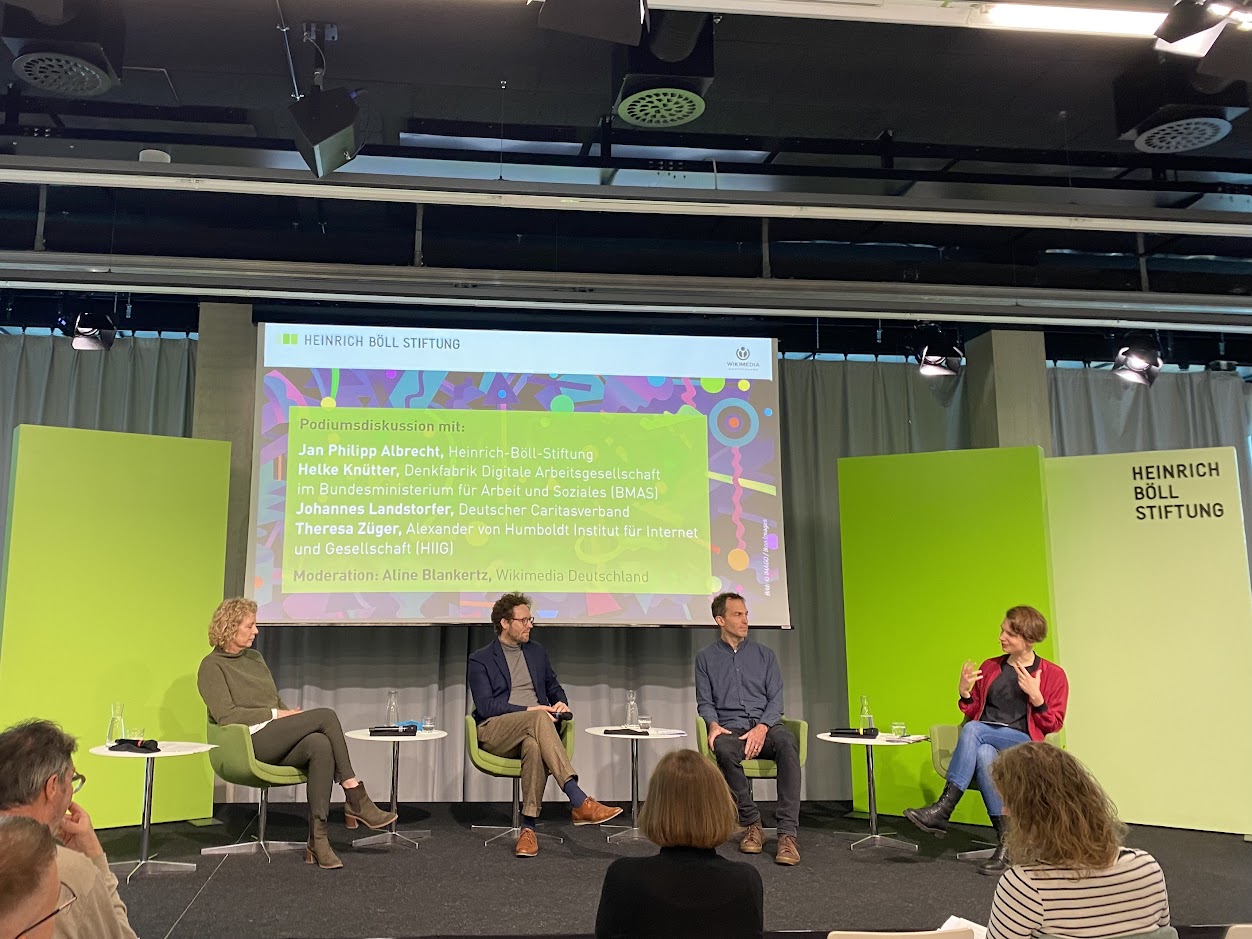
The perspective of Free Knowledge is in active demand
It is certainly too early to speak of a new awareness in ministries and politics. But in addition to inviting us to contribute our perspective and knowledge at the Digital Summit, various ministries have actively sought out Wikimedia Deutschland’s expertise in 2023. Together with our partner organizations in the F5 alliance, we submitted a statement on the German Federal Government’s engagement strategy. The responsible department at the Federal Ministry for Family Affairs, Senior Citizens, Women and Youth also wanted to find out more about digital volunteering: What makes it special? What forms of digital volunteering exist besides “being a Wikipedian”?
Last year, the Federal Ministry for Economic Affairs and Climate Protection invited us to provide expertise on the planned transformation of public procurement law. And what does public procurement law have to do with Wikipedia or Free Knowledge? We want to ensure that public sector contracts – for software or studies and statistics – are awarded preferentially if the results can be re-used under a free license. This also helps to ensure that more knowledge is freely available.
“We are of course pleased that more policymakers from political parties and ministries are broadening their horizons and asking for expertise from civil society. However, we are still a long way from structurally anchoring civil society involvement,” states Lilli Iliev, Head of the Policy and Public Sector team, explaining the situation in 2023.
»We are of course pleased that more policymakers from political parties and ministries are broadening their horizons and asking for expertise from civil society. However, we are still a long way from structurally anchoring civil society involvement.«
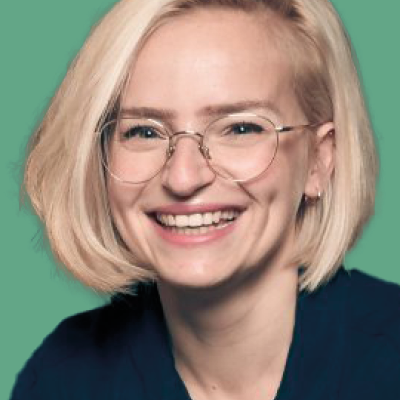 Lilli Iliev
Lilli Iliev
Transparency reports: dialogue with decision makers and associations
In transparency reports, we disclose in detail which associations, members of parliament, public administrations, ministries, and other actors we communicated with in 2023.
The National Education Platform – we stay tuned
The “National Education Platform”, now called “My Education Space”, is the German Federal Government’s largest digital education infrastructure project in recent years. It is intended to connect existing and newly emerging learning platforms and digital education programs. This would also mean that teachers and learners could easily search for and access educational materials and content that are stored in a learning management system of another federal state or institution. That is quite remarkable, considering the jungle-like federal structure of the German education system! This basic idea of a digital networking infrastructure corresponds to the idea of free access to knowledge that Wikimedia Deutschland represents.
Back in 2022, we looked at this huge project together with education and digital experts and published the critical concept study “Values and structures of the National Education Platform”.
There is a great need for information on the education platform
“In 2023, we noticed from the response to our study from policymakers with a focus on education as well as researchers that many stakeholders have unanswered questions, share our criticism and would like the Ministry of Education and Research to be more open about the project and involve people with expertise as well as future users more closely,” says Heike Ekea Gleibs, Head of the Education Policy and Digital Cultural Heritage team.
Numerous politicians for education and digital affairs from the Greens, SPD (Social Democratic Party) and Die Linke (Left Party) questioned us about the points of criticism and suggestions for the reorganization of the National Education Platform that emerged from the study. Enquiries from media professionals have also shown that the ministry in charge is acting in a non-transparent manner. There are numerous unanswered questions and a need for dialogue. We therefore also invited representatives from the BMBF (Federal Ministry of Education and Research) together with Professor Jeanette Hofmann from the Free University of Berlin, Henriette Litta, Phd. from the Open Knowledge Foundation e. V. and Dejan Mihajlović from the Pestalozzi-Realschule Freiburg to our panel discussion on participation structures and governance in the NBP. However, the ministry representatives did not want to take part in the discussion of unresolved questions.
The ministry keeps referring to an advisory board to which other experts and stakeholders are to be invited in addition to Wikimedia Deutschland. However, It was not established in 2023, either, which leads to the concern that the platform is being planned without considering the recommendations and needs of the relevant stakeholders. With that in mind, we continue to monitor the project.
Networking cultural memories with Wikidata and Wikibase
Have you ever been to the Städel Museum? The people of Frankfurt have treasures from 700 years of art history in their collection. But you no longer have to go to the museum to see works by Käthe Kollwitz, Paul Klee or Pablo Picasso. Like more and more other museums, the Städel Museum has digitized its collections. This makes them digitally accessible and searchable for all of us.
Increasing digitization is also giving researchers access to more and more cultural data. Nevertheless, the search for answers to unanswered questions is often a tedious treasure hunt. Because the digitization of cultural data does not automatically lead to the data being connected. How does a Namibian researcher obtain information about locations in Europe storing objects looted during the colonial? How can researchers assure that they do not overlook anything important or exciting – because they do not know where knowledge on the research topic can be found? The appeal of science lies precisely in making connections and understanding previously unknown contexts.
»We have an overview of how to work with different types of data, and we know which Wikimedia project contributors have expertise that would be useful to a museum or a researcher. We are the link between the experts from the Wikimedia communities and the cultural heritage professionals.«
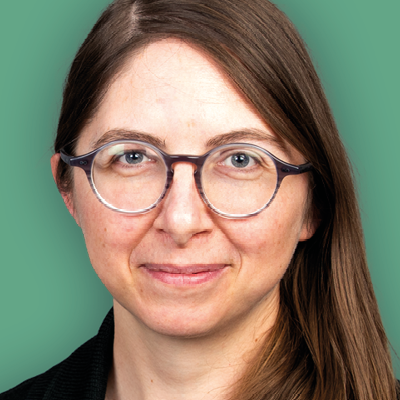 Lucy Patterson
Lucy Patterson
The link between cultural heritage institutions and Wikimedia projects
Linked Open Data makes a decisive contribution to the connection of data and knowledge. Wikimedia Deutschland promotes this connection of open cultural data – and the interconnectedness of people with expertise who work with this data. Our aim is to build communities of practice. These communities include experts from cultural heritage institutions who want to open up their collections and make cultural data FAIR: findable, accessible, interoperable and reusable. They include researchers in the humanities and cultural studies who are interested in this data, and volunteer experts. They can share their experiences in the communities and develop best practices to expand and maintain the Wikidata knowledge database, edit the free media archive Wikimedia Commons, or use Wikibase to create knowledge databases themselves and link them to other open data repositories.
The interest in this relatively new project shows that there is a great demand among cultural heritage institutions and researchers to use Wikimedia projects to open up and connect their knowledge repositories. In 2023, projects with the Städel Museum and the Alice Salomon Archive were initiated or intensified. In another data partnership, we are supporting a research project at the Technical University of Berlin that is looking into the restitution of cultural assets looted in colonial contexts.
Over the past year, we have observed in projects with cultural heritage institutions that opening up and connecting cultural data always requires new, individually tailored approaches. Even though everyone can contribute to Wikidata and Wikimedia Commons, cultural institutions in particular have very specific and diverse needs. Some want to add digitized material to Wikimedia Commons or prepare metadata, others want to expand or create new datasets in Wikidata or even introduce new “properties”. Still others have cultural assets from colonial contexts and wonder how they can map the knowledge about them in Wikidata without reproducing or reinforcing the colonial worldview. In short: In order for cultural heritage organizations to be able to use Wikimedia projects, they need specialist knowledge about how Wikidata, Wikimedia Commons or the software behind Wikimedia projects work. The question that is particularly important in this context: What good practices and projects already exist that can serve as models for museums, archives or researchers?
“Most of these practices are new and either not written down or hard to find. At Wikimedia, we collect knowledge about old and new best practices,” says Lucy Patterson, Project Manager Digital Cultural Heritage at Wikimedia Germany. “We have an overview of how to work with different types of data, and we know which Wikimedia project contributors have expertise that would be useful to a museum or a researcher. We are the link between the experts from the Wikimedia communities and the cultural heritage professionals.”
In addition to providing advice for cultural heritage institutions and networking with experts from Wikimedia projects, Wikimedia Deutschland is also actively developing data partnerships. Researchers and institutions are supported from the initial consideration of how to model the existing cultural data through to uploading the data and documenting the project. The focus is on projects that represent marginalized positions, that want to open up and connect marginalized bodies of knowledge or critically question existing logics of knowledge production.


